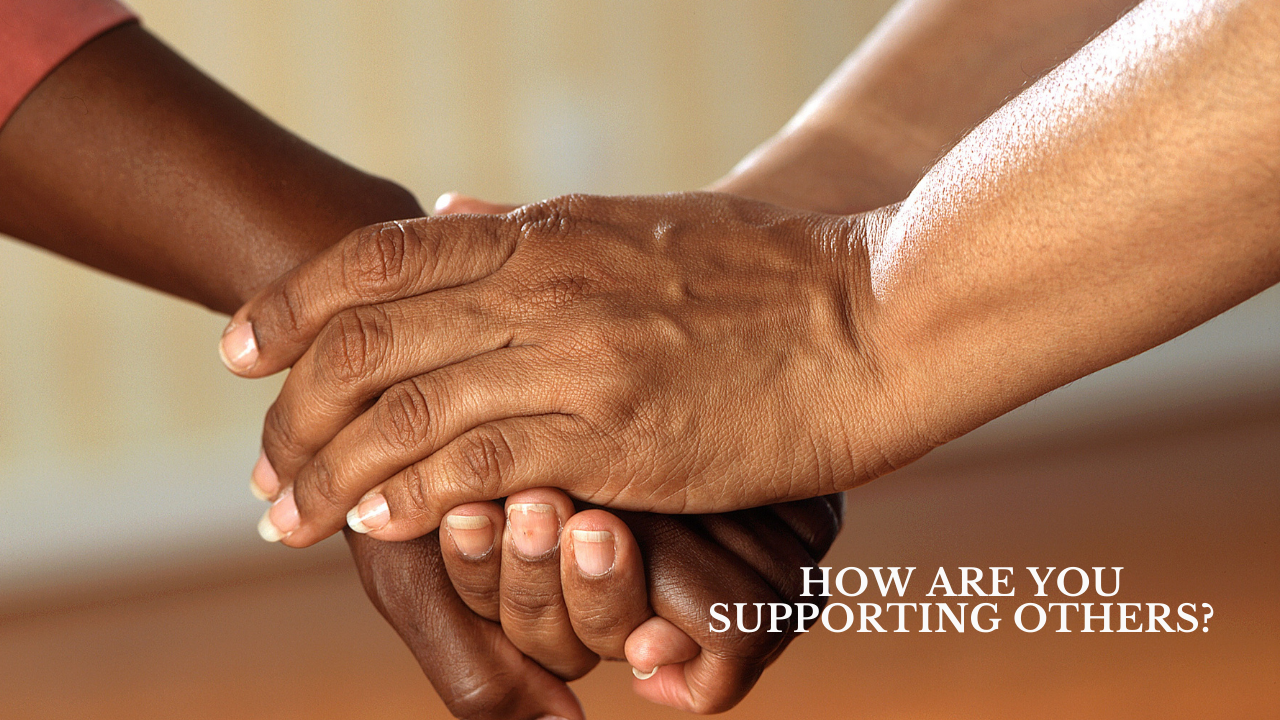
A few years ago, I lost my dad. The shock was profound. I could not sleep well. I was tearful and felt inadequate. This was closely followed by a tsunami of emotions- anger, fear, guilt, shame, in no particular order. It was not like what was described in the stages of grief. ‘How could I take care of my children with the way I felt?’ I often thought. That was a difficult period in my life.
At that time, I was working full time as a medical doctor in the local hospital. Apart from my supervisor, no one knew what I was going through because I was in a new role and my team members did not know me. Taking time off work was not an option because I had to provide for myself and my children and I also felt the need to honour my father by continuing to work because I knew that made him proud.
At my first meeting with my supervisor, she so graciously enquired about my welfare and offered support. Without even asking, my team members offered help when I was running late to pick my children up from nursery. They agreed to swaps so that I could do my on- calls when I had child care sorted. That was amazing. Thinking back at these times, brings tears of gratitude to my eyes.
Fast forward, years down the line, as a family doctor and teacher, I had my team. One on occasion, while we were having our team meeting and training session, I noticed that one of my team members seemed distant. When it was time to present an update on what she was working on, another member of the team asked a question that required some explanation on her part. She stated the facts and we had a discussion but then I noticed that her voice was shaking towards the end.
Just as we concluded the meeting, I was hoping to speak with her but she left the room without taking her bag along. When everyone left, I waited in the room. As I waited, I wondered what was going on and I recalled my first meeting with my supervisor in my moment of distress.
Soon, she came back to the room. I asked if she had a moment to speak with me and thankfully she did. After a moment of silence, I asked, ‘How are you?’ The response was a sob, that soon turned into a loud cry, which was all too familiar. It was like déjà vu. She was apologising for crying but I said it was okay. As we continued our discussion, in the midst of tears, she spoke while I listened and nodded.
It was a moment of grief for her even though the person was still alive. The fear of loss was overwhelming and causing her pain. As we neared the end of our meeting, I asked her what she wanted to do and how I could support her. We were able to arrange some time off and regular meetings upon her return to work with the ability for her to work remotely as needed. It was important to put the needs of this team member ahead of targets and deadlines.
This was another moment of gratitude for my past experience because I was able to use what I learned from my painful experience to support someone on my team at a particularly difficult time. At a time like this, people are struggling with loss, the fear of loss and the accompanying pain. It feels like periods of grief and sometimes, we do not know how to support people.
Here is a guide of ways you can support them at home or at work.
- Be genuine when you communicate with someone who is grieving. Avoid minimizing, giving advice not asked for, or offering a bunch of solutions. Often, the grieving do not need a fixer, they need an ear. One of the best things to say is, “I’m here and I care.”
- The easiest thing you can do is just be available for someone who is grieving. Just be a consistent, positive presence in their life
- You might think that talking about a lost friend or loved one might further someone’s pain, but the opposite is true. If someone wants to talk, let them. They will probably want to reminisce about the good times. They may also need to work through grief about things they did or didn’t do while that person was around.
- Sometimes a grieving person needs practical help. If you notice that your friend or loved one could use someone to run to the store for them, help them clean, or take care of their kids, be that person! Offer your help. If they don’t accept it, don’t be offended. They will appreciate that you asked and remember you if they change their mind.
- They sometimes feel alone. They, therefore, need occasional reminders that they are loved. It gives them reassurance
Offer support to someone today. Stay well and safe

